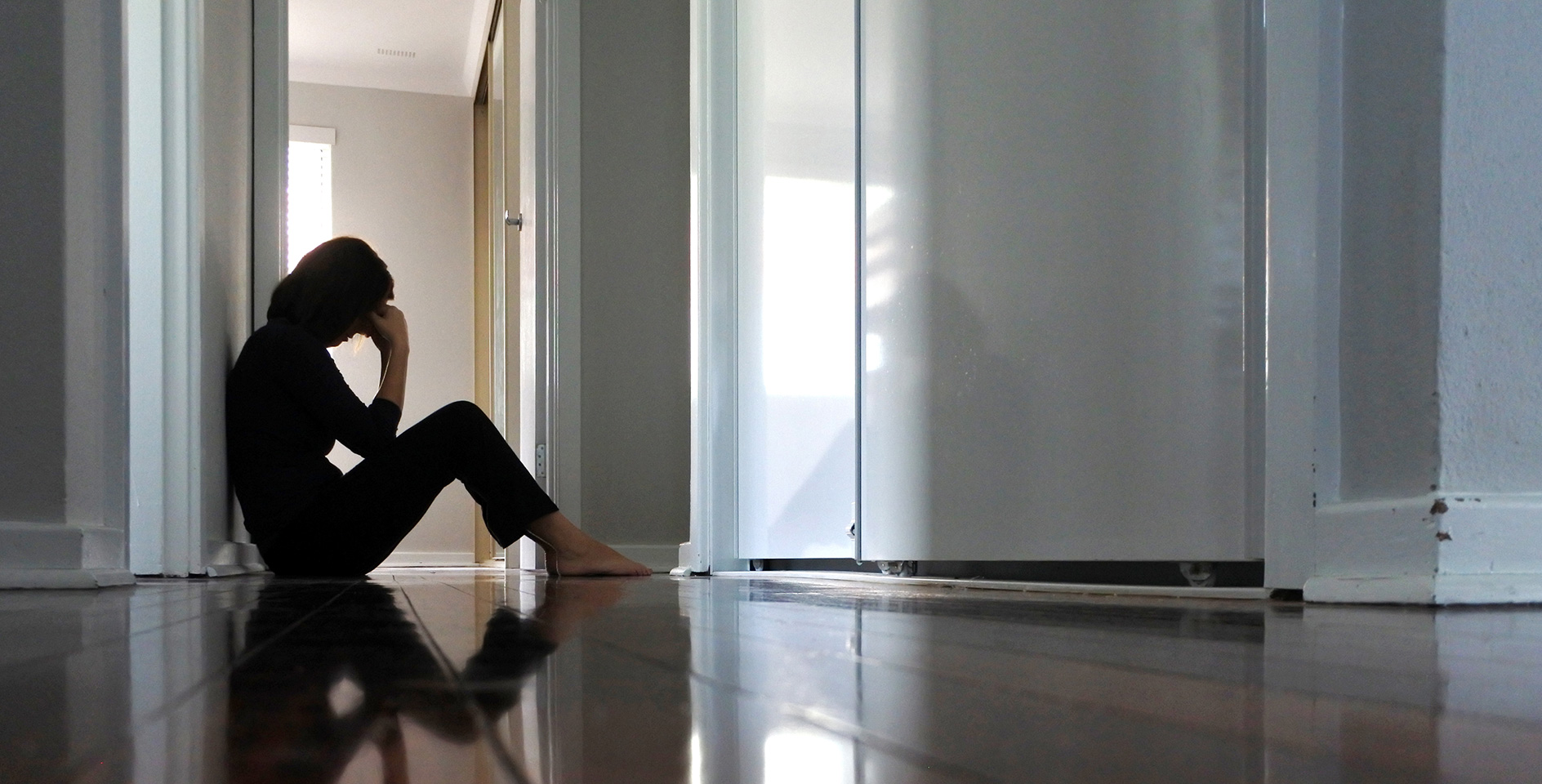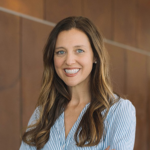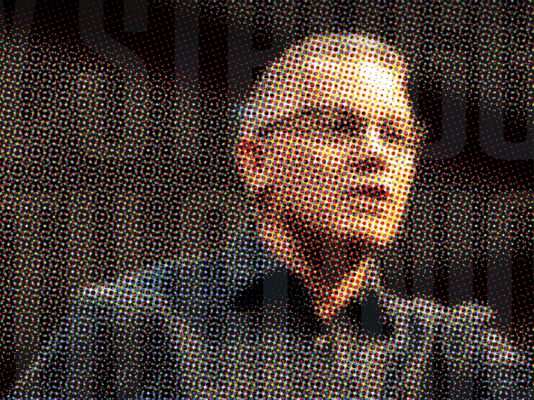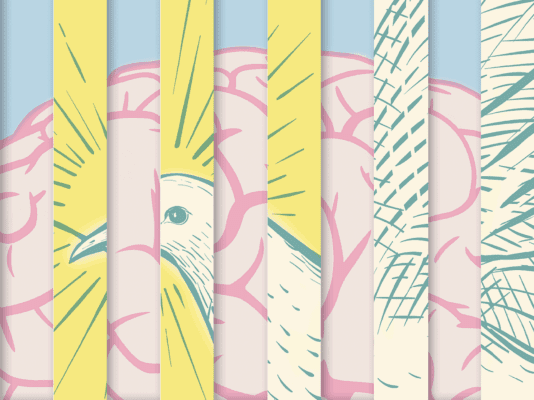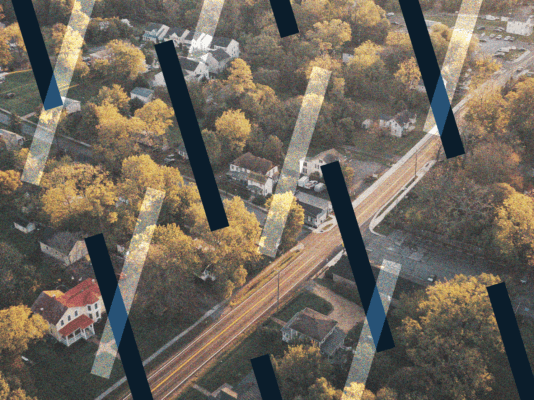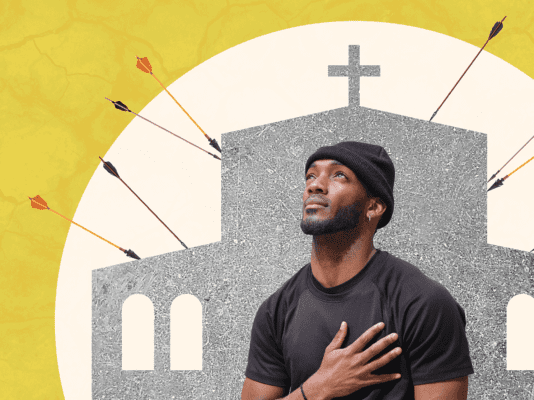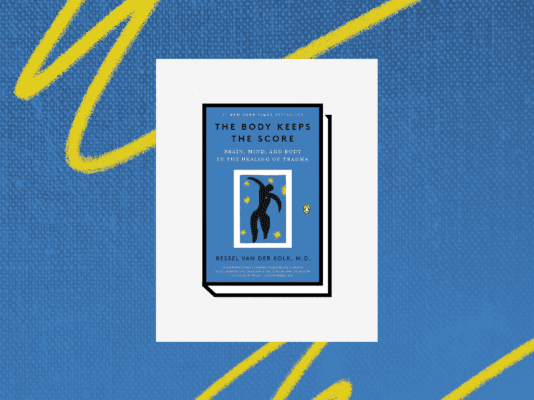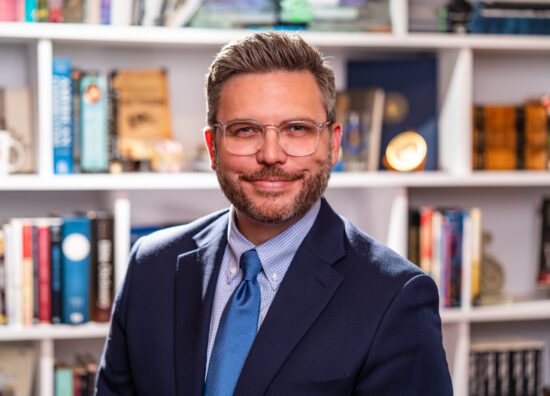COVID came home to our family 71 days ago. That’s the day we learned my step-father-in-law had COVID, and it’s also the day he passed away. It’s the day we pulled our kids abruptly out of school and extracurricular activities and began our own 14-day quarantine. It’s the day that the coronavirus went from seeming very global and out there, to very personal, right in here, right at home.
“Step-father-in-law” might seem like a distant relative, but Steve was a part of our everyday lives, even after the death of his wife, my husband’s mom, almost eight years ago. He hung on to us, and we hung on to him. He was at every birthday, every Christmas, every school play, every just-because family gathering. And it wasn’t unusual for him to show up on our doorstep with a 12-pack of tacos.
When my husband took him to the doctor just six days before he passed away, we expected a fairly routine report, probably an update on his dementia. He was still living at home alone and getting along pretty well. He seemed under the weather, but we never anticipated the appointment would become a hospital stay.
Over the next six days, we watched in horror as he quickly lost his grasp on life. There were far more questions than answers.
The blessing and the curse was that we didn’t know he had COVID the whole six days we visited him. The coronavirus had not yet resurged, and somehow the hospital never tested him, even with his fever and labored breathing. That whole week we sat in his room, masked of course, using ample hand sanitizer of course, and—even though he was unconscious—we chatted to him, played music, prayed, and even behaved a bit silly at times, as we are wont to do. He was never alone, but surrounded by many, as he drew near to the end.
The thing about COVID coming home is that you wonder where your loved one got it. You wonder if they could have avoided it, gotten better treatment, and beaten it. Steve loved long drives to his favorite old cowboy spots in the mountains, and he went to the same Mexican restaurant all the time. So we wonder, could he—could all of us—have done something differently?
His doctors never decreed that Steve succumbed specifically to the coronavirus, but it was present. A so-called comorbidity. He declined so quickly. When we got the call that he was gone we all just stared at each other, mouths agape.
Where theology and anthropology meet
It’s moments like these when theology (what we believe about God) and anthropology (what we believe about ourselves) really matter. When our world crashes down, we find the foundation that remains. My husband, daughters, and I rehearsed our foundation to each other across the kitchen table. God is in heaven and he does whatever he pleases (Psa. 115:3). God created all things through himself and for himself (Col. 1:16). God numbers our days before we are even born (Psa. 139:16; Job 14:5). God alone is the giver of life and breath and everything (Acts 17:25).
We reminded each other that man is finite and fallible. We come from dust, and it’s God’s breath in our lungs (Gen. 2:7). Our lives are brief, like grass that withers (Psa. 103:15). Our thoughts are not like God’s thoughts, his ways are higher (Isa. 55:8-9). This life makes us weary and heavy-laden, and we need a Savior to help us, to rescue us (Matt. 11:28-30).
Here at the end of 2020 none of us really know or understand what God is doing. This is hard. COVID is hard. But because of the great unshakable truth of who God is, we know we are seen, held, and dearly loved.
I thank God that before that day we already knew he is good and trustworthy. The cross of Jesus Christ tells us so. While we were yet sinners—enemies of our Maker and Savior, following the world, giving in to our own selfish desires—because of God’s great love and rich mercy, Jesus died for us. He took our sin and in return gave us his righteousness. It’s by grace we are saved (Eph. 2:1-10). There’s no question, God is good. He lived, died, and rose again for you and me who believe.
Here at the end of 2020 none of us really know or understand what God is doing. This is hard. COVID is hard. Losing Steve was so hard. His absence is loud and unavoidable.
But because of the great unshakable truth of who God is, we know we are seen, held, and dearly loved. One day, everything is going to be alright. Heaven awaits, and death will be no more.
Protecting the vulnerable
Until then, though, in the midst of a global sickness that has come right in and brought death and pain—not just to our family but, at present count, to 300,000 American families—we look at the world with a renewed dose of reality. We are sobered that this virus is real and lethal to the most vulnerable. How then should we try to ensure that we do not cause anyone else to endure a COVID-related sickness or death?
God forbid—truly Lord, please forbid it—that we unknowingly and accidentally carry this to someone else’s Steve.
We need the vulnerable in our lives. We need grandmas and grandpas with dementia. We need boys and girls with disabilities. We need men and women who cannot hear or cannot speak or cannot walk or cannot live at the pace we deem normal and somehow more valuable. We need their wisdom, their perspective, their experience. We need their beauty, their strength, their hard-fought joy. We need their faith, their view of God, their understanding of creation. We need all 1,540,000 souls who have perished a COVID-related death around the world.
With each one, we have lost something, someone, irreplaceable.
The vulnerable lives in our midst bear the invaluable image of the God who made them. Their lives are not their own, nor are their lives ours. Their lives belong to God in heaven. Let’s live and love like it, with their good in mind.



